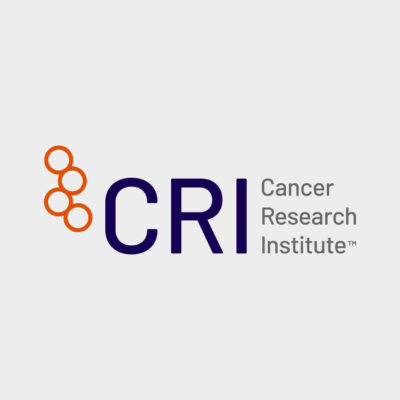While the immune system is inherently able to identify and destroy harmful cells, tumors often develop ways to interrupt anti-cancer immune activity. Restoring this powerful effect in order to defeat cancer through therapies that galvanize the immune system has transformed the treatment trajectory and potential for cure in many cancers. For over 70 years, Cancer Research Institute (CRI) has fostered growth in the field of cancer immunotherapy by supporting projects and people that established this modality as a central pillar in the treatment of cancer around the world. CRI has once again invested in Dana-Farber, recognizing our shared mission of transforming all cancers into curable diseases with a total of more than $1.6 million in grants to Philip Kranzusch, PhD, Jiaxin Liang, PhD, and Xiaohan Ning, PhD.
Kranzusch received the Lloyd J. Old STAR Program grant which will support his research into understanding how a specific group of enzymes produce signals that control anti-tumor immune responses. He will build on his lab’s recent discovery that, in addition to the enzyme cGAS, which is critical to the immune response to many cancers, there are thousands of other “cGAS-like” signaling enzymes. Using an innovative approach developed by his lab to uncover the function of these enzymes, Kranzusch envisions that growing our understanding of the signals that control the immune system could help in the development of drug analogs that mimic the effects of these signals as promising new therapies.
Liang and Ning were each awarded CRI’s Irvington Postdoctoral Research Fellowship. Liang will investigate certain aspects of the genetic underpinnings of mitochondria, the energy factories of cells. Specifically, Liang aims to identify genes that control mitochondrial contributions to anti-tumor immune activity and determine whether suppressing these genes could help unleash the immune system against cancer. Ning will study tumor-specific genes that regulate sensitivity to immunotherapy in triple-negative breast cancer, which is known to harbor a certain subtype of cancer cells that is more metastatic and resistant to immunotherapy. Building on findings from a genetic screen that identified many novel genetic targets, Ning’s research could help toward developing more effective immunotherapies for all metastatic cancers.
“We believe that basic cancer immunology research drives breakthroughs that will ultimately lead to cures for all cancers,” said Jill O’Donnell-Tormey, PhD, CRI’s chief executive officer and director of scientific affairs. “We’re delighted to continue investing in people bringing forth these bold innovations at Dana-Farber early in their careers.”
For more stories about the impact of philanthropy at Dana-Farber, please visit DanaFarberImpact.org.



